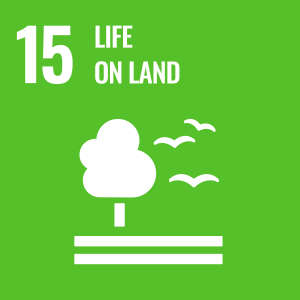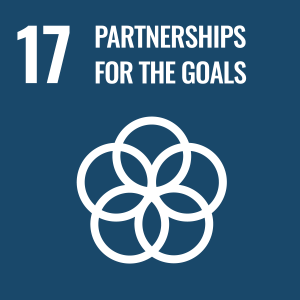UK urged to embrace digital future for border trade, according to new report
Britain’s post-Brexit trade strategy is stuck in the past – and unless it evolves fast, it risks missing the biggest global growth opportunity of the 21st century, according to a new report from the Tony Blair Institute (TBI), in collaboration with the University of Surrey.

The report highlights that the UK must urgently overhaul its outdated trade approach, which is wedded to full-scale free-trade agreements, despite rising geopolitical tensions, stalled global liberalisation, and the emergence of a revolution in digital services.
The joint consultation response recommends five interconnected practical digital reforms
E-invoicing
Improved Small and Medium-sized Enterprise (SME) access to trade finance
Use of digital trade documents
Fraud reduction
Digital identities (an online representation of a person, organisation, or even a device, using unique identifiers to verify and authenticate them online).
These five areas would transform the UK’s trade ecosystem, close a £22 billion SME finance gap, and position the UK as a global digital trade leader.
Professor Glenn Parry and Mike Brookbanks are members of the DECADE project from the Business School at the University of Surrey and both contributed to the Tony Blair Institute report, as well as the International Chamber of Commerce and International Centre for Digital Trade and Innovation (ICC/IC4DTI) response.
Professor Glenn Parry, Professor of Digital Transformation at the University of Surrey, said:
"Our research recommends that Britain moves towards smarter, technology-driven UK borders.
“Trade is no longer a rising tide lifting all boats – it’s a choppy sea of tariffs, tech wars and strategic blocs.
Mike Brookbanks, Visiting Fellow at the University of Surrey, said:
“The UK must stop chasing nostalgic visions of trade and start playing to its real strengths – digital services, smart agreements, and modern infrastructure that helps British businesses cut through red tape.”
“Government resources must focus on co-creating digital border services, facilitating digital platforms, and creating a governance framework to orchestrate the ecosystem of organisations involved.”
Key proposals include:
Designating a single entity to provide leadership and orchestration to address UKG and industry requirements
Identifying the minimum viable data required for border trade from across all UK Government departments and border agencies.
Developing a strategic vision for the evolution of UKG cross-border operations, integrating policy, process, and technology.
Utilising a collaborative governance framework, building on the socio-technical aspects, to incentivise change across UKG and industry.
Crucially, the Surrey researchers emphasise that the UK must prioritise the development of more innovative infrastructure to minimise friction at UK trade borders.
[ENDS]
Notes to editors
Prof Glenn Parry and Mike Brookbanks are available for interview, please contact mediarelations@surrey.ac.uk to arrange.
The ICC/IC4DTI full paper is available at https://openresearch.surrey.ac.uk/view/pdfCoverPage?instCode=44SUR_INST&filePid=13220111620002346&download=true
The full paper is available here: https://institute.global/insights/economic-prosperity/making-trade-work…
OFFICE USE ONLY
Related sustainable development goals







